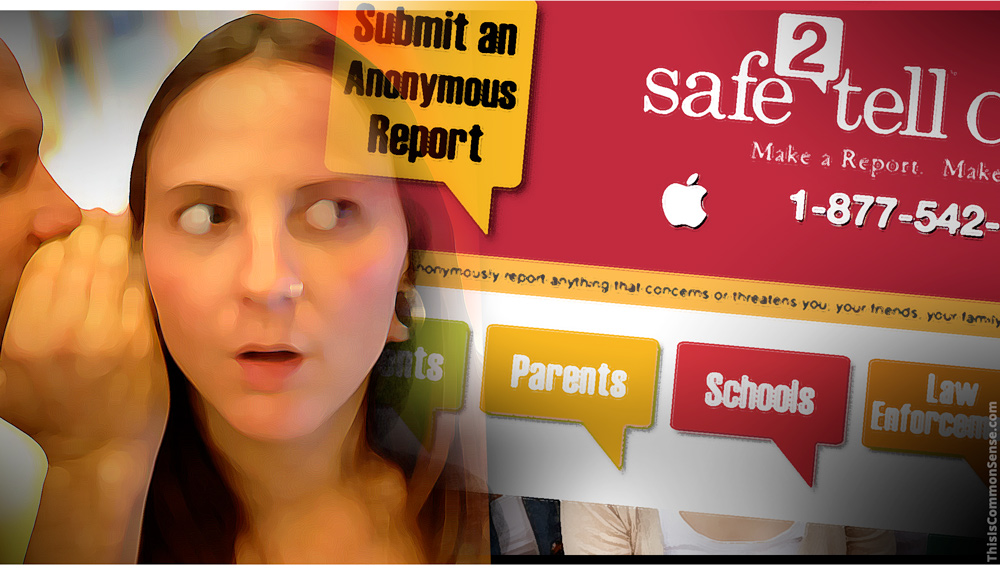“A rapidly increasing number of American families are opting out of sending their children to school,” Erin O’Donnell informs in the May-June issue of Harvard Magazine, “choosing instead to educate them at home.”
Yippee! Thanks for the great news — right?
Not to O’Donnell, or to Harvard Law Professor Elizabeth Bartholet. O’Donnell’s article is something of a friendly regurgitation of Bartholet’s Arizona Law Review article, entitled, “Homeschooling: Parent Rights Absolutism vs. Child Rights to Education & Protection.”
Bartholet “recommends a presumptive ban on homeschooling.” Why? Because, as O’Donnell offers, it “violates children’s right to a ‘meaningful education’ and their right to be protected from potential child abuse …”
Her evidence? Professor Bartholet offers none. Harvard Magazine does not need any.
Avoided, perhaps, because research shows students educated at home significantly outperform public school students on standardized tests.
As for the specter of homeschooling as massive smokescreen enabling vicious child predators? “The limited evidence available shows that homeschooled children are abused at a lower rate than are those in the general public,” Dr. Brian Ray reported in 2018, adding that “an estimated 10% (or more) of public and private schoolchildren experience sexual maltreatment at the hands of school personnel.”
So, what is going on here?
Perhaps O’Donnell provides the explanation, writing that “surveys of homeschoolers show that a majority of such families … are driven by conservative Christian beliefs, and seek to remove their children from mainstream culture.”
Oh, my, can that be permitted? Should people choose their own religious and cultural beliefs? May parents freely educate their kids?
Bartholet calls that “essentially authoritarian control,” which is “dangerous.”
There, she is correct. Homeschooling is dangerous … to experts hell-bent on telling us what to think.
This is Common Sense. I’m Paul Jacob.

—
See all recent commentary
(simplified and organized)









